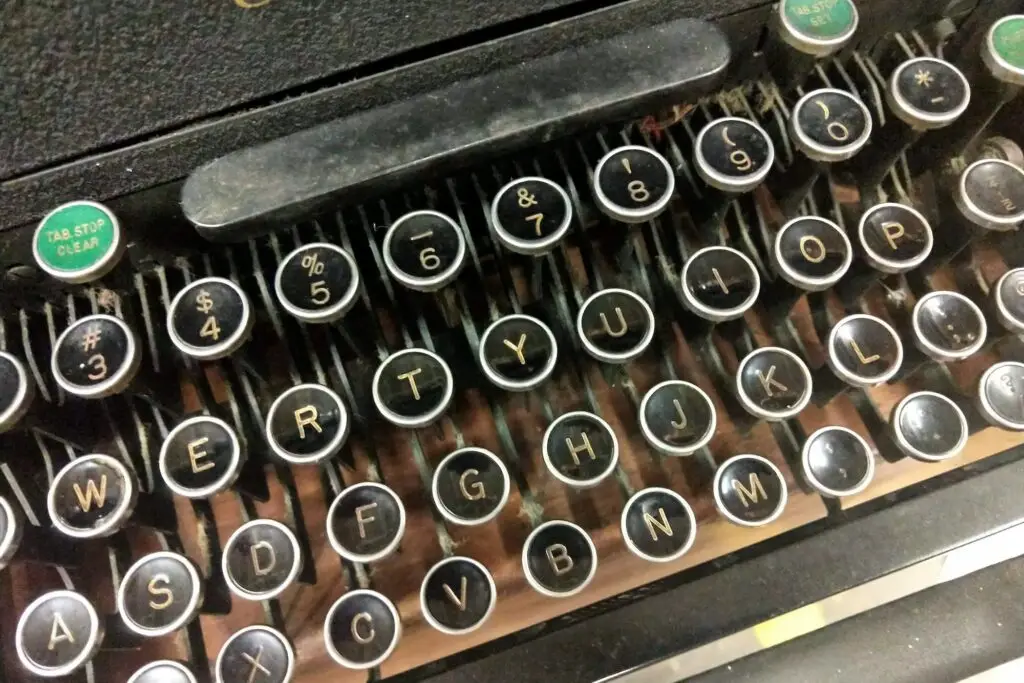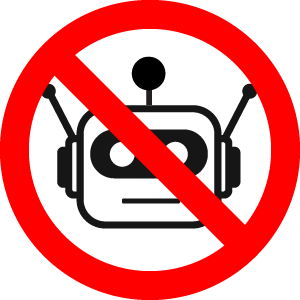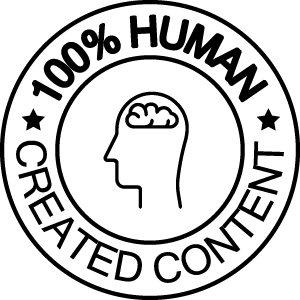Today’s super-paced tech world has seen a rise of Artificial Intelligence (AI) beyond anyone’s wildest imagination. One of the greatest concerns I’ve noticed in the realm of freelancers and content creators in recent months is how the rise of sophisticated AI language models like ChatGPT could make copywriting skills obsolete.
But is copywriting really dead? The answer is a resounding no.
At least it shouldn’t be.
In this AI-influenced world we’re entering, human copywriting skills remain more important than ever, despite how fancy ChatGPT might seem. In this article, I’ll delve into the reasons why copywriting isn’t dead, how it continues to play a crucial role in the future – and how you can help ensure that the profession stays alive.

Why Concerns Are Legitimate
There is a reason people are concerned about the copywriting profession. Artificial Intelligence has taken over a lot of professions, and copywriting seems like an easy target (and honestly, it has been).
McKinsey predicts that by 2030, up to 800 million people will have lost their jobs to AI. To put that in perspective, that means 30% of the entire world workforce will have lost their livelihoods to machines.

AI language such as ChatGPT have become incredibly sophisticated in just the last few months, and as a result, we have seen more and more layoffs across the board. Copywriters, ghostwriters, and content creators are losing their livelihoods across a variety of platforms, and the consequences are imminent.
For example, Buzzfeed just laid off 12% of its content creation staff to be replaced by AI.
Clearly, today’s reality does include the loss of jobs for copywriters all over the world. So why will human copywriting never be truly dead? What can humans do that AI cannot?
Reason #1 – Emotional Intelligence & Understanding Human Motivation
The main reason why copywriting remains indispensable is the ability human writers have to tap into human motivation, connection, and basic emotional intelligence. AI might be capable of processing vast amounts of data and mimicking human-like responses, but it lacks the very basic human ability to truly comprehend what truly drives people.
Emotional intelligence is impossible to replicate by a “being” that does not feel either empathy or emotion, which is why AI-generated content is so incredibly boring and stale to read. It simply lacks an author’s voice. It lacks emotion. It lacks true empathetic contextualization to really relate to the human experience.
No matter who you are as a person; you are at least to some degree capable of understanding emotions, cultural nuances, and experiences that allow you to craft powerful and persuasive messages. A professional copywriter will never be able to have their quality of work replicated by an AI for this very reason.

Reason #2 – The Art of Storytelling:
One of my biggest pet peeves with the surge of regurgitated AI content on websites is AI’s complete inability to tell real, compelling stories that actually resonate with their target audience. Human copywriters are known for weaving narratives that truly evoke emotions, create connections, and ultimately drive action.
AI is smart, but only technically. It creates well-structured and grammatically correct texts, but still struggle to capture the art of storytelling that comes naturally to humans. As a result, real human-generated content will always be on a whole other level in regard to quality.
The best way to conceptualize this idea is to imagine the basics of storytelling. When you tell a story to your friends about something that happened to you last night, you are tapping into a large range of emotional vocabulary that creates an interesting story.

This story is based on your experience and emotional intelligence. You observed something in the real world, experienced a reaction, and retold that story.
Although AI tries to imitate something similar, it is inherently incapable of doing so successfully because an AI cannot have a real experience. It has no unique perspective based on a lifetime of emotions, sights, and relationships.
A copywriter can use the emotions they’ve gained from storytelling, experiences, and their unique perspective to set an “author voice” on their content – which is what inherently makes it entertaining.
Reason #3 – Adaptation of Cultural and Social Contexts
Unique experiences, relationship building, and cultural contexts are all at the core of what makes someone human. Whereas human copywriters can quickly understand and tailor their messaging to suit diverse audiences, adapt to specific contexts, take into account regional idioms, cultural sensitivities, and societal norms – AI simply cannot.
Regardless of the topic, human-made content is deeply rooted in particular cultural contexts, which reflect the unique histories, traditions, and values of the communities that produce it.
One of the most effective ways to take part in the human experience is to gain a deeper understanding and diversify our own and others’ cultures and communities.
This helps us cultivate open-mindedness, empathy, and understanding for people who come from different backgrounds. AI-generated content lacks cultural nuance and sensitivity, and no matter how hard OpenAI claims they have programmed ChatGPT to not be biased, it still is.
AI is trained on “white male” data, which makes it implicitly biased, regardless of what OpenAI claims. How can a model like that accurately portray the experiences and emotions of people of color, women, LGBTQ+ individuals, and immigrants?

It cannot. And this lack of cultural sensitivity is becoming increasingly problematic when AI-generated content is used to discuss issues deeply tied to these cultural identities and experiences.
In the same way I don’t want to read about the trans-black experience in America written by a white man, I wouldn’t want to read it from an AI trained on datasets of white men, without empathy and emotional intelligence to even understand what it is actually writing about.
AI-generated content cannot convey the full scope of the societal and cultural issues the world is facing today, which leads to misunderstandings, and misinterpretations, and can have potentially harmful effects on the people it is implicitly oppressing.
So Is Copywriting Dead? Well… it doesn’t have to be.
Sure, the evolution of AI language models has undoubtedly transformed the way we create and consume content. Humans are relying more and more on machines, and it is significantly harming the world in so many aspects (check out my blog for more).
However, it cannot render human copywriting skills obsolete. The unique combination of empathy, creativity, and cultural adaptability that human copywriters possess, ensures that their work will continue to be in demand in the future.

Though it must be said: current trends are not looking great. It seems that people have not quite yet understood the damage that AI-generated is capable of inflicting, and without congressional regulations to ensure that AI is kept in check, professions like content creation and copywriting will undoubtedly be hurt.
That is why in my opinion, I believe that all forms of media that use AI should, by law, be required to put a disclaimer on their content that clearly states AI was used in the creation of that content.
However, it doesn’t seem like that is going to happen any time soon. So as an alternative, I have created a way for content creators to easily state that their content is 100% human-made by putting any of our free No-Ai badges on their page.
The icon then links to this statement, and their content is quality checked by us to ensure that no AI was part of the process.
Stand up to regurgitated and dead content. Say No to AI-created content.
THIS ARTICLE WAS WRITTEN WITHOUT THE ASSISTANCE OF ARTIFICIAL INTELLIGENCE.
